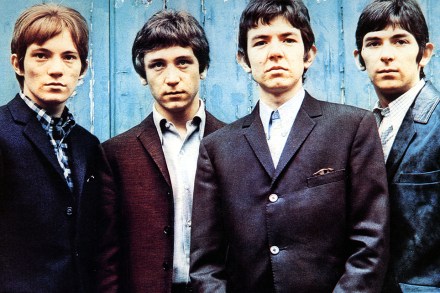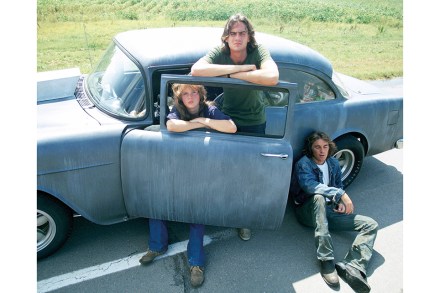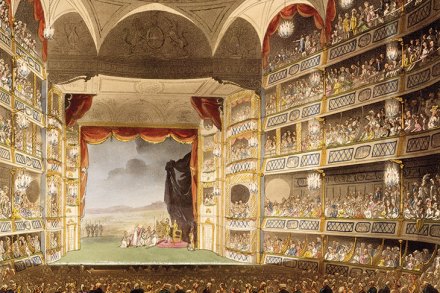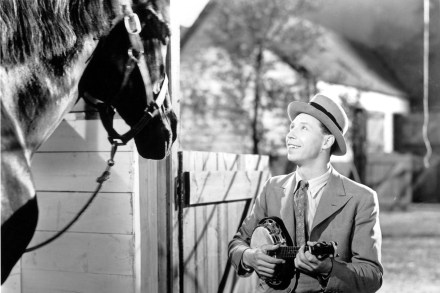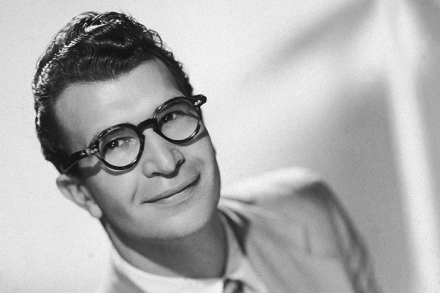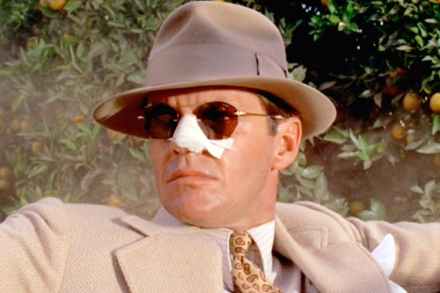The sad story of the short-lived Small Faces
One Sunday in October 1967, about 16 per cent of the British population settled down at 8.15 p.m. to watch the Morecambe & Wise Show on ITV. This was mainstream family entertainment aimed at all age groups, but there was also a place each week for teen-friendly acts from the pop charts. That evening it
